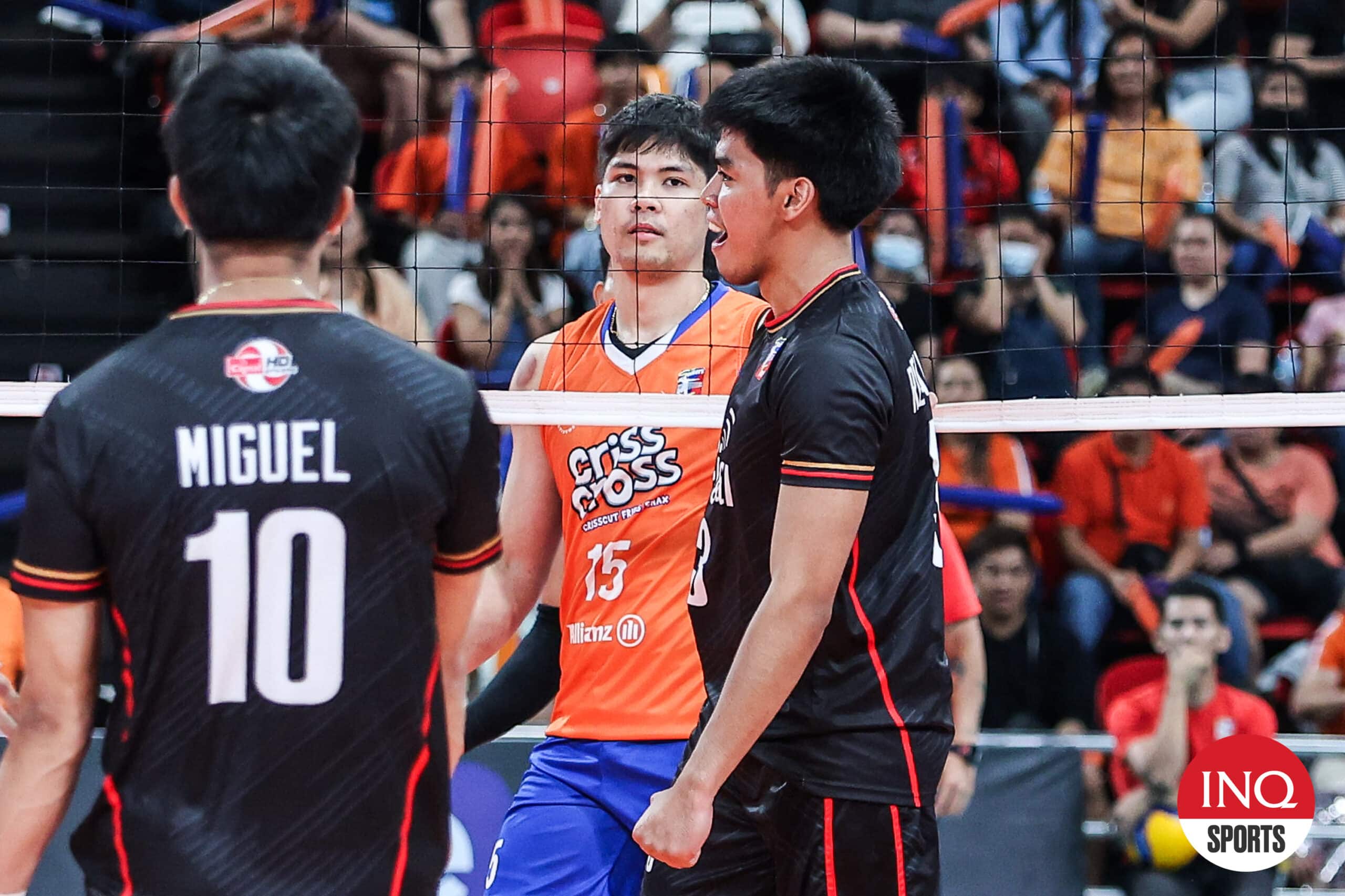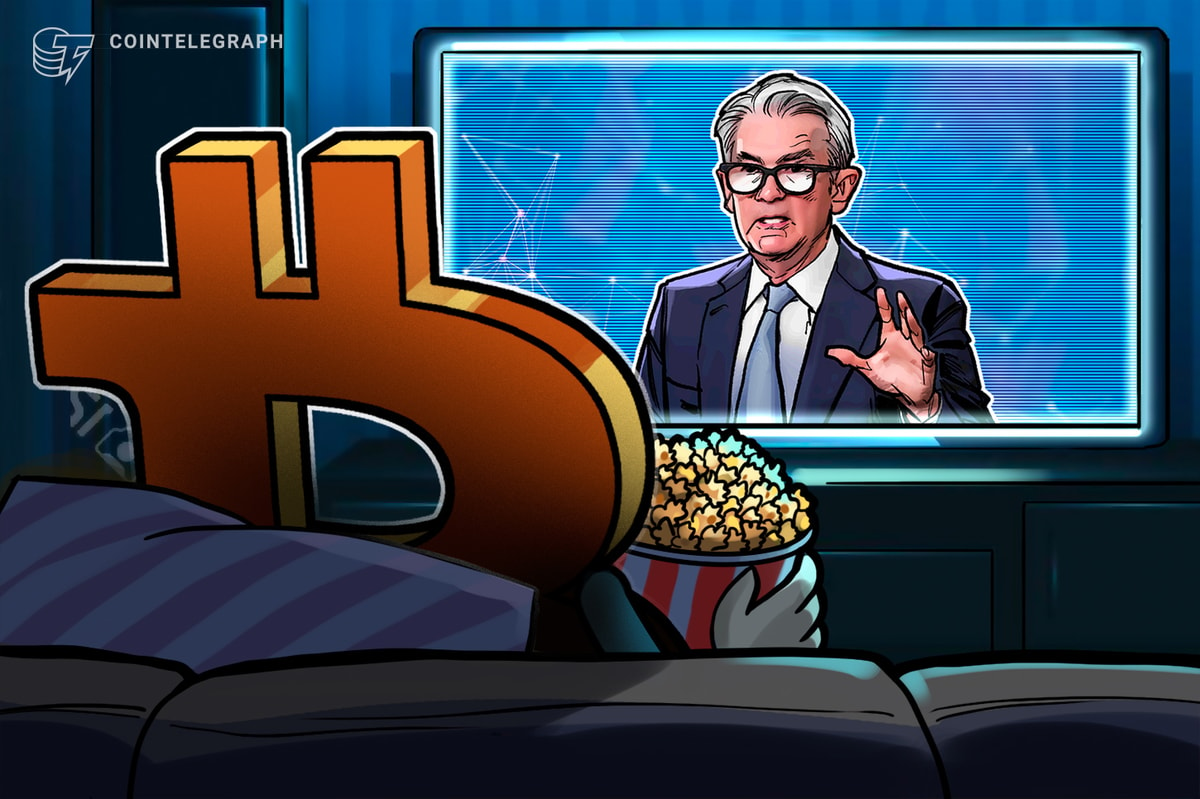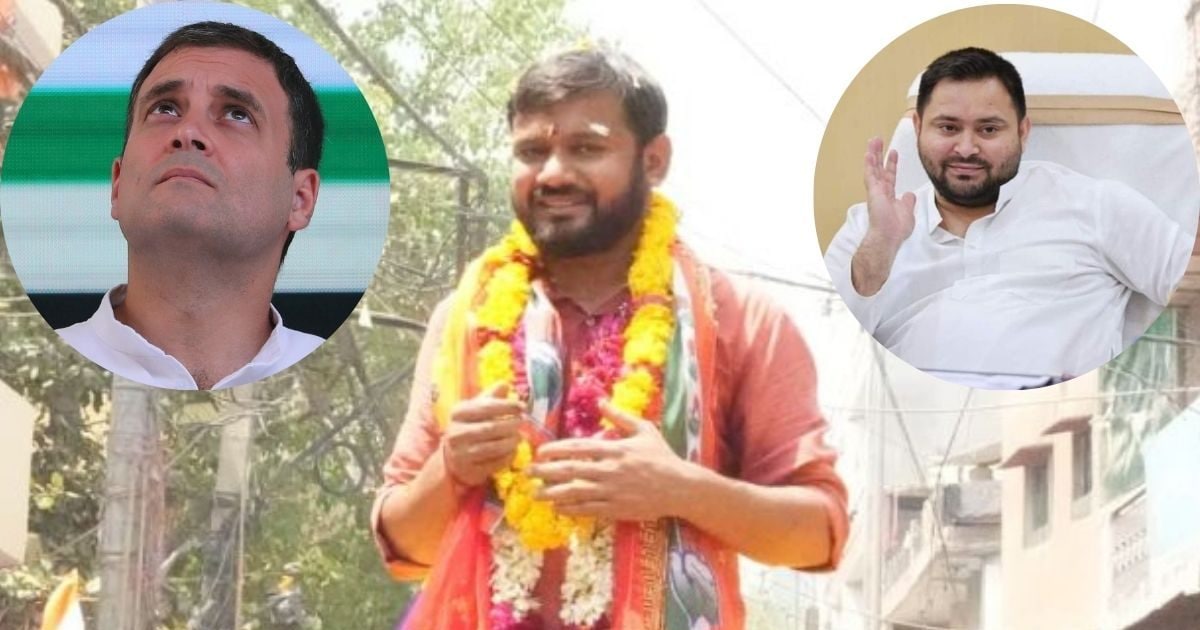The anti-corruption agency says it will ask the court to extend the custody of the impeached President by 20 days.
South Korean anti-corruption investigators have said they will seek a warrant to extend the detention of President Yoon Suk-yeol, after the impeached leader again refused to undergo questioning over his short-lived declaration of martial law.
South Korea’s corruption investigation office (CIO) of high-ranking officials said on Friday it would ask the court to approve extending Yoon’s detention by 20 days.
Yoon on Wednesday became the first president in South Korea’s history to be detained after investigators conducted a morning raid at his residence in Seoul.
Under the terms of the warrant executed on Wednesday, investigators were given the authority to detain the embattled leader for up to 48 hours.
The Seoul Central District Court on Thursday rejected a motion by Yoon’s lawyers to challenge the legality of his arrest, following a weeks-long standoff between investigators and presidential security at his compound.
Yoon, who has been suspended from office since his impeachment on December 14, is under investigation for crimes including rebellion, which is punishable by life imprisonment or the death penalty, although South Korea has a long-standing ban on executions .
Yun’s future in office is being separately reviewed by the Constitutional Court, which has 180 days to decide whether to uphold his impeachment by the National Assembly.
Finance Minister and Deputy Prime Minister Choi Sang-mok currently serves as acting president Yoon’s initial successor, Han Duck-soo, was also impeached for refusing to immediately fill three vacancies on the Constitutional Court.
Yoon’s legal team, which has called his arrest illegal, said the president sees no reason to answer questions.
“The President will not attend the CIO today. He has adequately expressed his basic stance to investigators on the first day,” Yoon’s lawyer, Seok Dong-hyeon, told reporters.
Despite Yoon’s legal troubles, the conservative leader’s People Power Party (PPP) has surged ahead in the polls amid deep divisions over how to handle his arrest.
In a Gallup Korea poll released Friday, the PPP was ranked more popular than the main opposition Democratic Party for the first time since August, receiving approval from 39 percent of respondents compared with 36 percent for its left-leaning rival.













